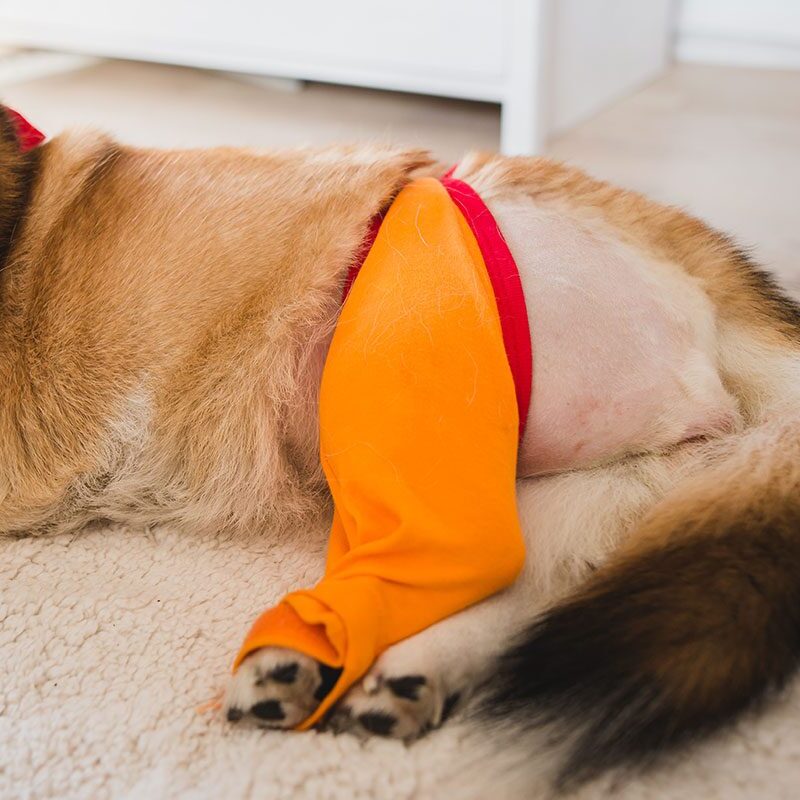
A cranial cruciate ligament rupture (CCLR) is the most common orthopedic problem we see in canine patients and one of the most frequent causes of lameness (limping) in dogs. While it can happen due to trauma, CCLR is often the result of a genetic condition. This means it is not your fault—some dogs are born with a knee structure that predisposes them to long-term joint problems, eventually leading to ligament rupture.
The rupture itself may not be extremely painful, but the aftermath can be. First, inflammation can cause swelling in the joint, which is painful. Second, a torn ligament causes instability in the knee, leading to abnormal movement. This instability triggers chronic pain and ongoing inflammation, which can progress to osteoarthrosis (OA), creating a cycle of pain and inflammation.
Many dogs eventually stop limping after a rupture, especially if promptly treated with pain relief and anti-inflammatory medications by a veterinarian. However, the absence of limping does not mean the problem is resolved—it simply means the initial pain has subsided. The longer CCLR remains untreated, the worse arthritis becomes, and there is no cure for arthritis. The best approach is to correct the instability early to slow arthritis progression. Surgery is the only treatment that can restore stability to the knee.
The most common and research-supported surgery for CCLR is the TPLO (tibial plateau leveling osteotomy). While other procedures may be recommended in certain cases, TPLO is widely recognized for its precision, early improvement in clinical signs, and ability to help prevent arthritis progression. Research shows that, when performed correctly, TPLO most closely preserves normal knee biomechanics. For more information about TPLO and post-surgery expectations, watch our video: https://youtu.be/CkHVA7UBqY0.
Recent Posts
About Us
Knox Veterinary Surgery provides advanced orthopedic, soft tissue, and exotic pet surgeries right in your practice, making care easier for you and your clients. Serving Tennessee and surrounding states, we deliver skilled, compassionate care in a familiar setting.
